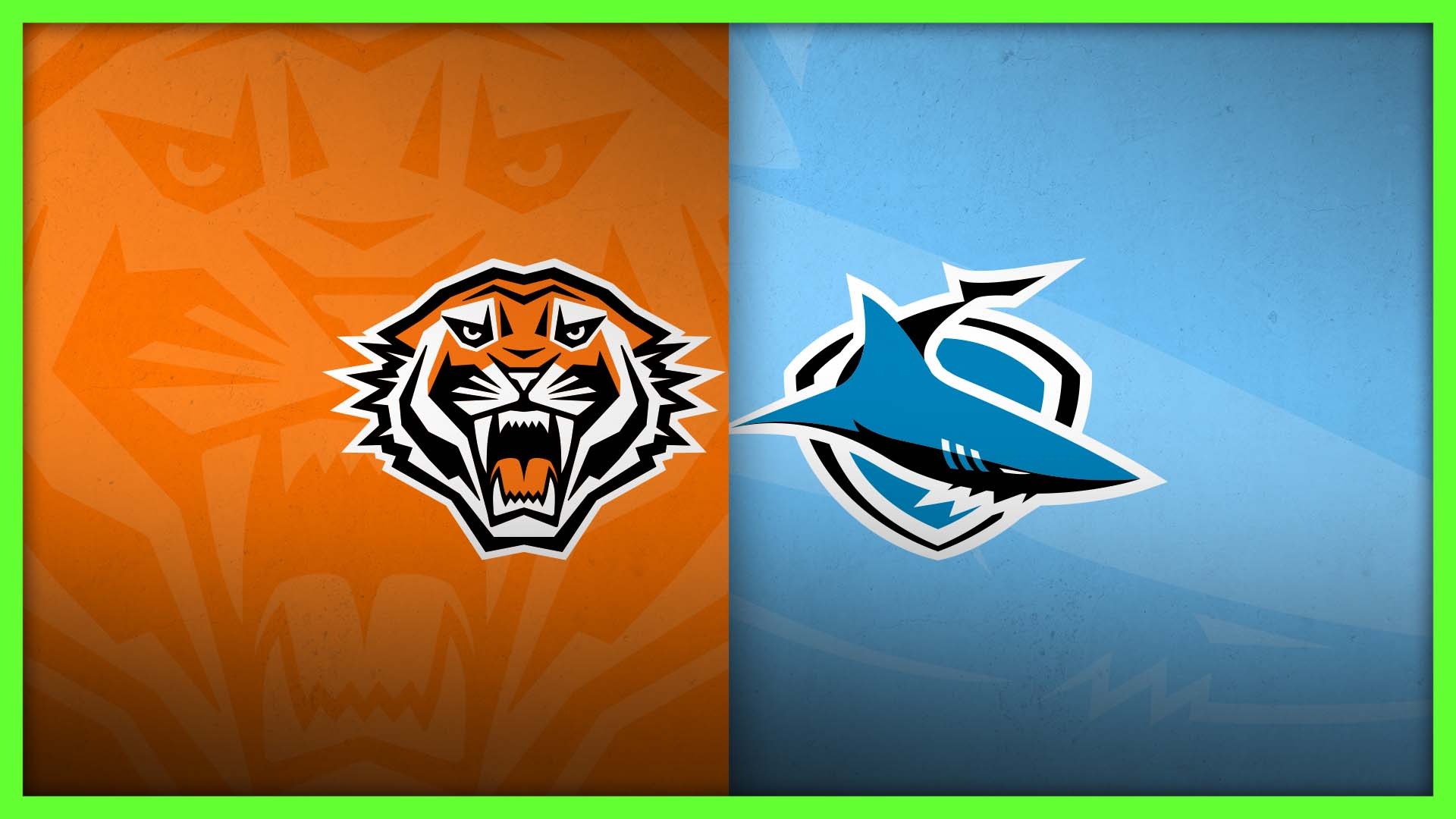It looks like you may be using adblocking software to view this site.
Many features on the site, such as video playback, may not work properly when using adblocking software.
Please whitelist our domain or disable your adblocker to access all features and videos.
Wests Tigers players regularly get their hair cut by team-mates before games, but few are aware that Starford To’a has a background in hairdressing and may turn to the profession after his NRL career ends.
“I haven’t actually told the boys that I cut hair, so they don’t bother me after training,” To’a said. “Kelma [Tuilagi] does a lot, he cuts Thomas Mikaele’s hair, and a few of the other boys.”
To’a and Tuilagi are among a group of Tigers players who are currently undertaking the Fade Like a Barber course at Granville TAFE in a bid to enhance their scissors and razor skills.

The 16-week course, which the players attend each Monday and Tuesday night, is part of the NRL-VET Pathways program designed to promote the benefits of a Vocational Education & Training qualification for players.
When I watch the NRL I think, 'okay, I know what hairstyle is coming next'
Sherelle Mondolo
To celebrate National Careers Week, from May 16 to 22, NRL.com was invited to attend Granville TAFE as To’a, Tuilagi and rookie Trey Peni practiced the theory they had studied in the previous class on mannequins and then on real clients.
“There are a few of us from the club that are doing the course. It is something to do away from footy,” Tuilagi said. “Everyone is into cutting hair and it is a good skill to have.”
What began out of necessity and boredom during the COVID lockdowns of the past two seasons has become a serious hobby for Tuilagi and other players.
TAFE NSW Head Teacher of Hair & Beauty, Sherelle Mondolo, said the NRL stars were influencing the hairstyles requested in barber shops after each round of the Telstra Premiership.
For To’a it is something he has had an interest in since he was young, as his mother was a hairdresser in Auckland

“I cut a lot of my friends’ hair at school, and footy friends when I moved over here,” To’a said.
“I put my hand up when I heard about this course because I just wanted to gain a little bit more knowledge.
“I’ve learned a lot with the scissors, and just parting and head shapes, facial structure and how to do beards to suit your face. I’ve also developed better people skills because you have to talk to clients while you are cutting their hair.
“We all know that footy isn’t going to be there forever and we have got to have a back-up plan. It is helpful with your footy too because doing these courses takes your mind off some of the pressures of footy.
“For me it is more of a side hustle, at the moment. I’m just trying to gain knowledge and more skills but it is something I definitely see as an option after footy.”
Tuilagi is also considering putting his new found skills to use in a future business.
“The reason I am doing the course is so that I can learn the skills, and about what to do and what not to do when you want to open up your own business,” Tuilagi said.
“During COVID, I was over playing video games and the barbers weren’t open, so I started cutting my own hair, and watching YouTube to learn more. I started to cut other people’s hair too.
“Thomas Mikaele was the first whose hair I cut other my own. He had long hair and he wanted to do some style – it was like a big rat’s tail fade around.
"It’s good that he has trust in me because the boys don’t want someone to stuff up their hair. A few of them ask me to cut their hair before games.
“I love doing fades and that, but I want to learn how to do scissor work, layering and the hairdressing side so it is good to do this course.
"This has been like a hobby but you aren’t going to have footy for the rest of your life so it is good to get some other skills.”

Mondolo said NRL players were setting hairstyling trends each weekend and she now studies games more closely to see what the next fashion will be.
“When I watch the NRL I quite often think ‘okay, I know what is coming as far as hairstyles or what our barbers are going to want to learn to do in our other barbering courses’,” Mondolo said.
“It is really good for our industry that so many of them have as part of their image their hairstyles and how they cut their hair.
“We do give them feedback and it’s not always what they want to hear, but they are passionate about it and doing this course has helped them refine or critique their own work so that when they come the next week they know what they want to learn.”




